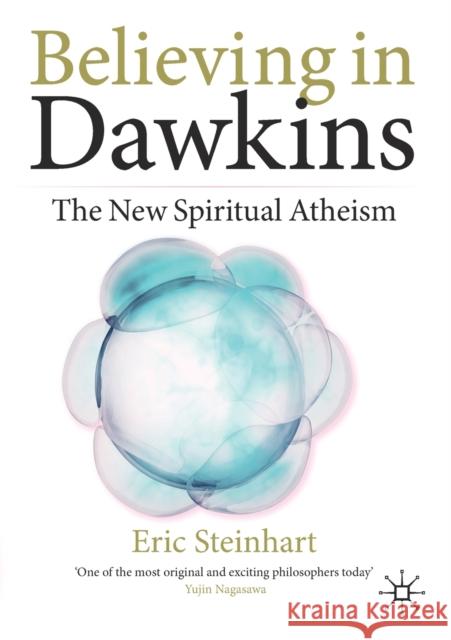Believing in Dawkins: The New Spiritual Atheism » książka
topmenu
Believing in Dawkins: The New Spiritual Atheism
ISBN-13: 9783030430511 / Angielski / Miękka / 2020 / 402 str.
Kategorie BISAC:
Wydawca:
Palgrave MacMillan
Język:
Angielski
ISBN-13:
9783030430511
Rok wydania:
2020
Wydanie:
2020
Ilość stron:
402
Waga:
0.55 kg
Wymiary:
21.01 x 14.81 x 2.39
Oprawa:
Miękka
Wolumenów:
01
Dodatkowe informacje:
Wydanie ilustrowane











